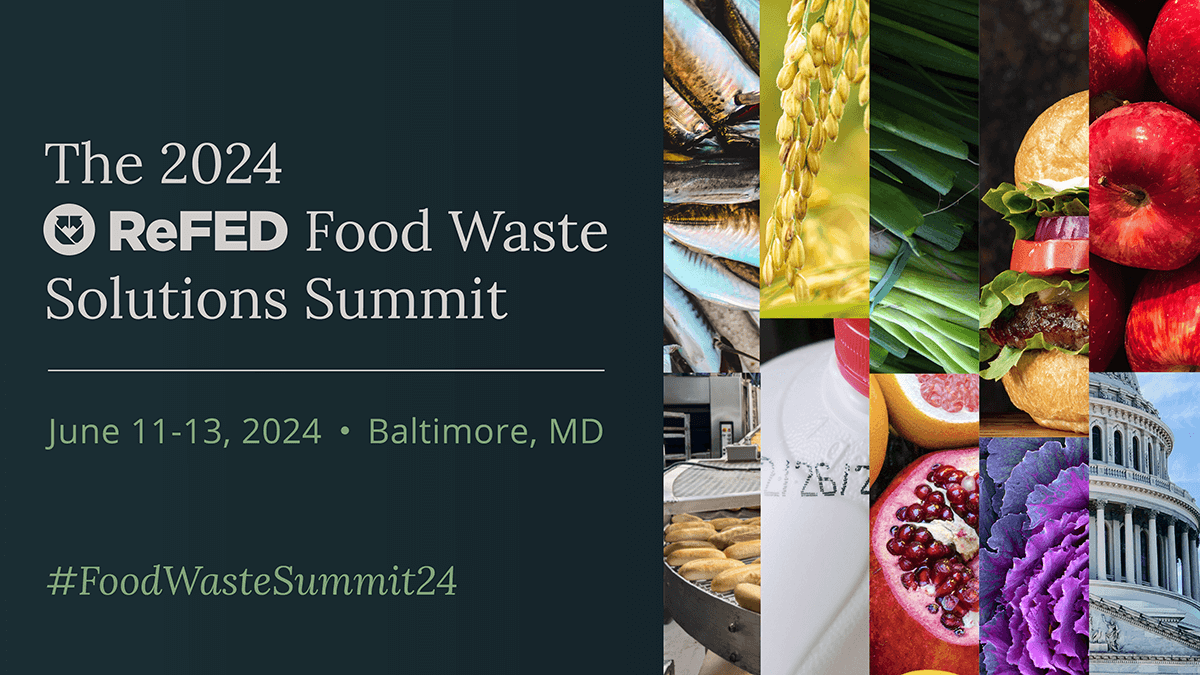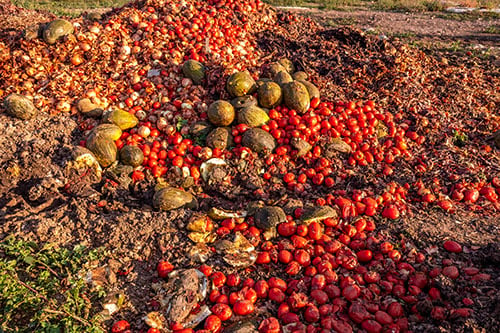Food Waste Intelligence

This week, Leanpath is excited to be in Baltimore alongside many of our food waste reduction-focused colleagues from around the world at the 2024 ReFED Food Waste Solutions Summit. As we have been preparing for the multitude of sessions at this year’s event, we’ve also been reflecting on the state and pace of food waste reduction efforts in the U.S. and in countries across the globe.
Read More >>Topics:
Food Waste News
Leanpath is expanding its integration of generative AI into its intelligent food waste prevention platform to drive faster, more impactful kitchen efficiency. This new generative AI integration analyzes a kitchen’s food waste data and recommends specific actions to engage kitchen teams and prevent that waste from reoccurring.
Read More >>Topics:
Food Waste News
Leanpath, the global leader in food waste prevention in foodservice, builds on its integration capability with menu management systems, announcing a partnership with Galley Solutions and its culinary operating system. Leanpath’s intelligent food waste prevention platform is a complete solution that allows foodservice kitchens to understand what they are wasting and why it’s being wasted. Leanpath’s analytics, reporting, and automated prevention tools empower kitchens to stop that waste from reoccurring.
Read More >>Topics:
Food Waste News
The world is wasting 1.05 billion tons of food a year, amounting to 132 kilograms per capita and almost one-fifth of all food available to consumers. The foodservice industry is responsible for 28 percent of this waste. Those were some of the findings of the UN Environment Programme’s Food Waste Index Report 2024, which calculated food waste for the most recent year data is available, 2022.
Read More >>Topics:
Food Waste News
Leanpath and our foodservice partners prevented a massive amount of food waste in 2023: over 17 million pounds of food kept out of the bin. See how that translates into other environmental and social benefits to people and the planet...
Read More >>